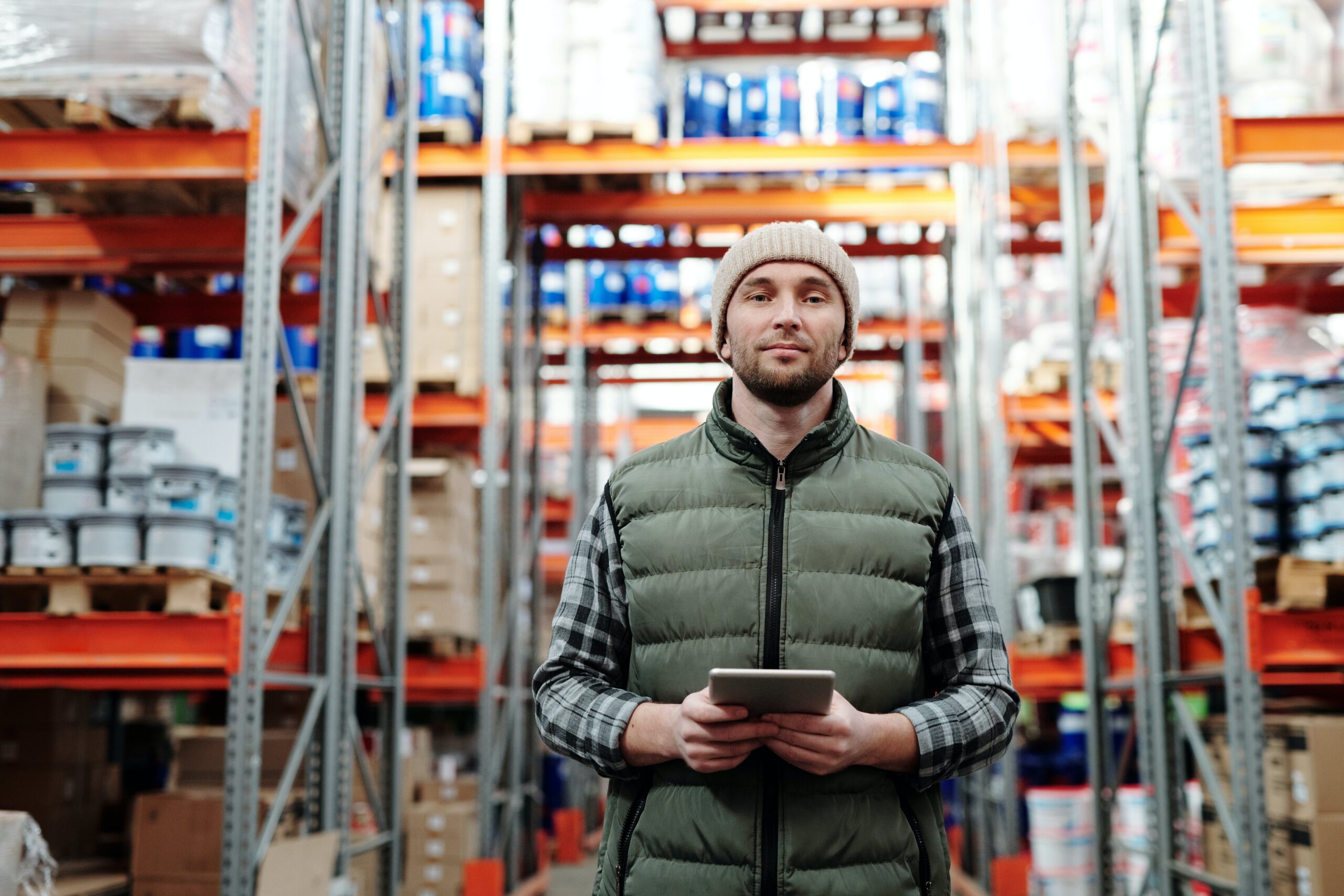
In recent years, there has been a significant shift in the influencer landscape, with a growing number of influencers venturing into the world of Fast-Moving Consumer Goods (FMCG) brands. This trend has caught the attention of industry experts and is expected to have a significant impact on the influencer marketing landscape. According to Cosmofeed, a creator-focused platform, approximately one percent of global influencers have started building their own consumer product brands. This trend allows influencers to monetize directly from their audience and build their personality into FMCG products. Vivek Yadav, co-founder of Cosmofeed, predicts that this trend will gradually make its way to India, where creators are increasingly looking to build their own distribution channels.
The rise of experiential marketing has also played a role in influencers’ foray into FMCG brands. As brands respond to the growing demand for real-world experiences, influencers have found an opportunity to connect with their audience offline and increase their content output. Platforms like Asos and Pinterest have launched their first experiential campaigns, leveraging pop-ups and social media to create immersive experiences that can be consumed at scale by customers online.
Vivek Yadav, one of the co-founders of Cosmofeed, mentioned that in India, there might be an initial phase for individuals with knowledge-based products from outside, but he anticipates a shift in the next three to four years. During this time, these creators are expected to emerge as significant figures among the new generation (Gen Z), eventually becoming genuine celebrities. He foresees a change in attitude where people will be inclined to pay for such products.
Crowdsourcing has emerged as a game-changer for FMCG brands. By tapping into the collective power of the crowd, brands can accelerate product development, gather market research insights, and engage consumers in creating compelling marketing content. This approach allows brands to align their products with changing consumer preferences and make data-driven decisions in product development and marketing.
RTM Watch’s Take
The rise of influencers building FMCG brands presents both opportunities and challenges for the industry. On one hand, it allows influencers to diversify their revenue streams and establish a deeper connection with their audience. By launching their own products, influencers can leverage their personal brand and distribution channels to monetize their content effectively. However, this trend also raises questions about authenticity and transparency. As influencers become brand owners, it becomes crucial for them to maintain transparency and ensure that their audience understands the relationship between their personal brand and the products they promote. Influencers need to strike a balance between promoting their own products and maintaining the trust of their audience.



































